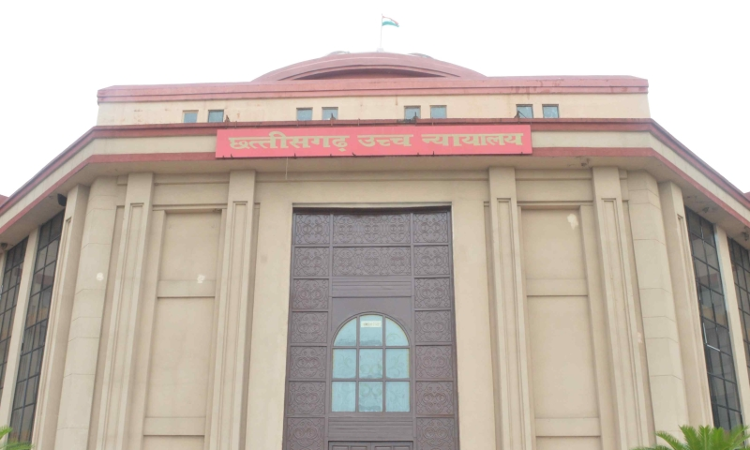No Desertion If Wife Leaves Marital Home On The Ground That Husband Keeps 'Concubine': Chhattisgarh HC
Sparsh Upadhyay
13 Feb 2022 2:32 PM IST

Next Story
13 Feb 2022 2:32 PM IST
In a significant order, the Chhattisgarh High Court has observed that if a wife leaves her matrimonial home due to the fact that her husband keeps another lady (concubine), and inflicts physical and mental torture upon her (wife), then it cannot be presumed as desertion on the part of the wife.With this observation, the Bench of Justice Goutam Bhaduri and Justice Rajani Dubey dismissed the...
